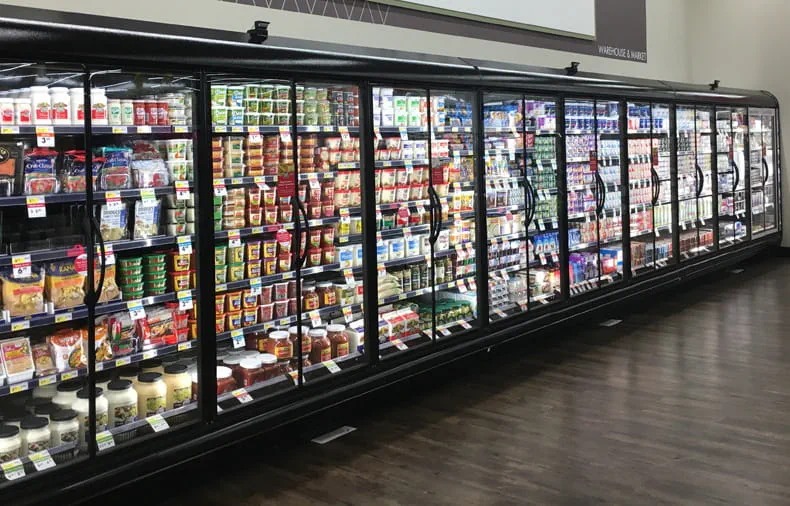Tuesday, 03/03/2026 | 14:53 GMT+7
When the Biden administration’s Department of Energy (DOE) rolled out updated energy efficiency standards for refrigerators in December 2023, the agency projected that this administration would save consumers and businesses nearly $1 trillion in energy costs over 30 years and cut the pollution fueling global warming by 2.5 billion metric tons over that same period, simply by making appliances more energy efficient.
New analysis by the Appliance Standards Awareness Project found that standards finalized to date will reach roughly 85% of the administration’s pollution reduction target. The group also determined that the administration can not only meet, but exceed the pollution reduction targets it set for itself, by finalizing a suite of pending efficiency standards. It’s time to finish the job.
Appliance efficiency standards for ten different products are currently awaiting final review at the Office of Information and Regulatory Affairs (OIRA). Many of these proposed standards were sent to OIRA by the Department of Energy (DOE) months ago.
Among the products with pending standards are fans and blowers, expanded scope electric motors, commercial refrigeration equipment, boilers, battery chargers, gas-fired instantaneous water heaters, walk-in coolers and freezers, ceiling fans, dehumidifiers, and external power supplies.
Altogether, updating efficiency standards for all of these products is expected to save enough energy to reduce global warming pollution by 859 million metric tons of CO2-equivalent over 30 years of product sales. That’s the global warming pollution reduction equivalent of taking 227 coal-fired power plants offline for a year.

The standards for motors and fans are the two biggest-impact rules awaiting publication—and finalizing them is critical for reaching the Biden administration’s pollution reduction targets.

The good news is that industry doesn’t oppose these rules. Motor manufacturers support the proposed standards and fan manufacturers have been working collaboratively with DOE for years to develop standards that will shift the market to better, more efficient fans.
These rules have been under review at OIRA since August and September, respectively. Completing these two standards would save energy day in and day out, reducing monthly energy bills for businesses such as restaurants, farms, and commercial building owners.
Other big-impact pending standards include those for battery chargers, commercial refrigerators, residential boilers, and walk-in coolers.
“The administration is in the home stretch and so close to reaching its energy saving goals,” said Johanna Neumann, Senior Director of the Campaign for 100% Renewable Energy at Environment America.
Finalizing the remaining efficiency standards could delivering real and lasting benefits for our environment
According to environmentamerica.org







